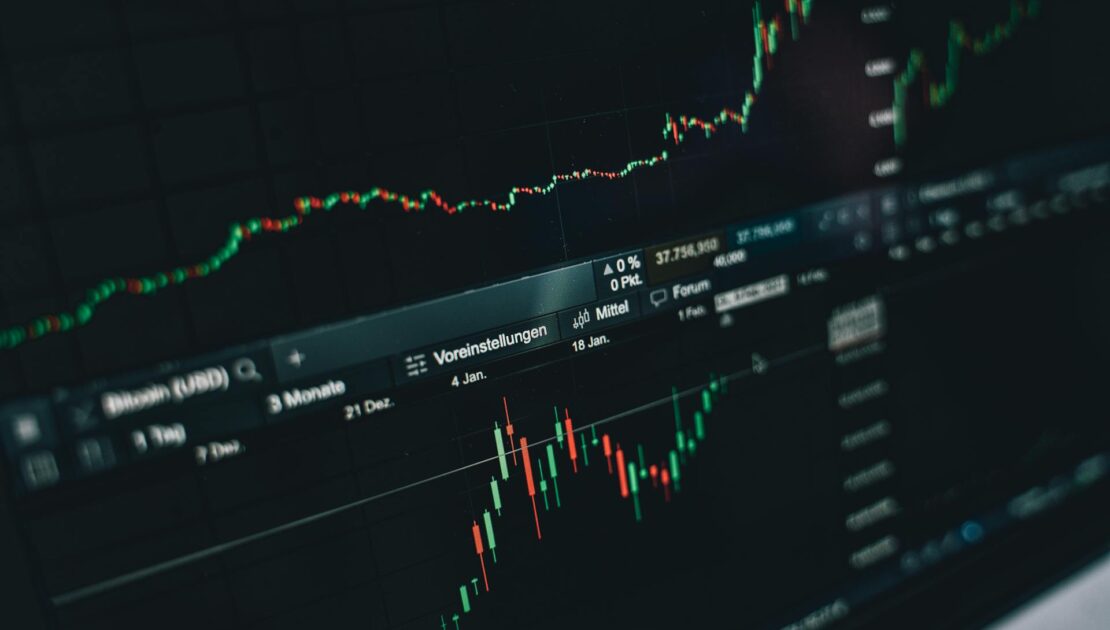
How to Buy Commodities: A Beginner’s Guide to Trading Commodity Futures
- Trading
- October 22, 2024
- No Comments
- Thaurus
- Invest in commodities to diversify your investment portfolio and potentially earn a better return. Since the prices of commodities change over time, some big long-term gains can be achieved with commodities. To have a properly diversified portfolio, adding commodities will help during different economic cycles. This market demands expertise and involves higher risks than many other alternatives to investments. You can also use a trading platform or a commodities trading platform to manage and execute trades, but there are a few complications with this.
What are commodities?
- Commodities are primary raw materials used for producing goods people use every day, such as oil, sugar, and metals.
- Commodities trading involves buying and selling raw materials or agricultural products. Important points include:
- Commodities are naturally occurring materials like oil, sugar, and precious metals.
- They are typically mass-produced, standardized for quality and quantity, and priced identically regardless of the producer.
- Commodities are bought and sold on exchanges like the Chicago Mercantile Exchange (CME), New York Mercantile Exchange (NYMEX), and London Metal Exchange (LME).
- They can be traded in the spot market at current prices or through futures contracts for a set price at a future date.
- Commodities are broadly categorized into metals, energy, livestock/meat, and agricultural products.
Benefits of buying commodities
Diversification
- Commodities can offer diversification to your portfolio by providing exposure to a different asset class.
Hedge against inflation
- Commodities like gold rise faster than inflation, safeguarding real returns.
Speculation
- Speculators can benefit from changes in volatile commodity prices.
Lower margins
- Commodities generally have lower margins for trading compared to stocks.
Types of commodities
- Metals: Precious metals like gold, silver, and industrial metals such as copper and aluminum.
- Energy: Crude oil, natural gas, and gasoline.
- Agriculture: Wheat, corn, soybeans, coffee, and livestock like cattle and pigs.
- Others: Exotic commodities like rare earth metals and carbon credits.
Process of buying commodities
Step 1: Find a suitable commodity broker
- Choose a broker who is a member of a recognized commodity exchange. Do research to find a broker that fits your trading needs, offering a reliable platform. Thaurus offers a solid platform tailored for commodities trading.
Step 2: Open a trading account
- Once you’ve chosen a platform, open a trading account with your broker. This will typically require personal and financial information, as well as KYC verification.
Step 3: Fund your account
- Deposit capital into your trading account to cover current trades and margin requirements for futures contracts.
Step 4: Research and analyze
- Research the commodities you’re interested in, keeping in mind supply and demand dynamics, market trends, geopolitical issues, and economic reports.
Step 5: Choose your trading strategy
- Decide whether to go long or short, based on your market forecast, and choose a strategy that fits your risk tolerance.
Step 6: Place your trades
The next sections explain various trading methods, such as:
- Futures contracts: Agreements to buy or sell a commodity at a future date for a set price.
- Spot trading: Buying and selling commodities at current market prices.
- Options: Contracts giving the right, but not the obligation, to buy or sell a commodity at a specific price.
- Commodity ETFs: Funds that invest in commodities or related assets.
Step 7: Start monitoring
- Keep track of your trades and market conditions, and adjust your strategy if needed based on market changes.
Step 8: Use tools and resources
- Use tools such as a heatmap, economic calendar, and CFD profit/loss calculator to manage your trades. A stop-loss limit can help minimize potential losses in the volatile commodity market.
Step 9: Stay informed
- Stay updated with market news, economic indicators, and geopolitical events. Thaurus provides tools to help you stay informed in an ever-changing trading environment.
Risk involved in buying commodities
High volatility
- Commodity prices can fluctuate wildly due to changes in supply and demand, and economic shifts.
Leverage risk
- Trading on margin can magnify losses if the market moves against your position.
No income from commodities
- Commodities do not generate income like dividends or interest; they only yield capital gains.
Conclusion
- Buying commodities requires planning and knowledge of market dynamics. Strategic trading, staying informed, and using the right tools can help mitigate risks and achieve positive results in the volatile commodity markets.
- Contact us to learn more about how to buy commodities. Our team will get back to you within 24 hours.